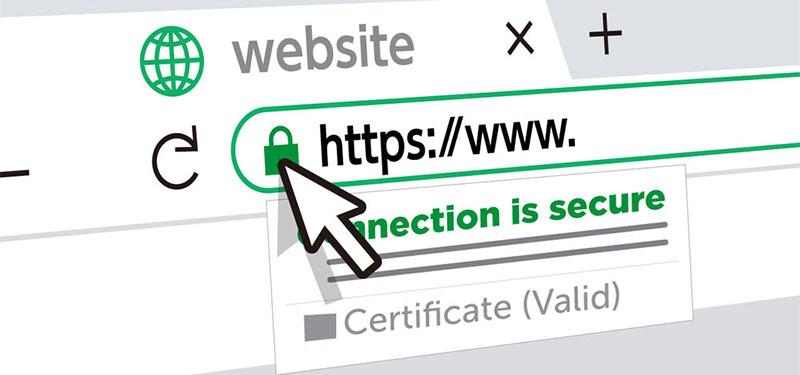Why Your Website Needs SSL Certificates

In the ever-evolving landscape of the internet, security takes center stage. A crucial aspect of safeguarding your online presence is the implementation of SSL certificates. They are not merely an option but an indispensable feature for every website. In this article, we will delve into the reasons why SSL certificates are indispensable and how to set them up.
Why Are SSL Certificates Essential?
SSL stands for Secure Sockets Layer, and it’s the technology that encrypts the connection between a user’s web browser and your website. This encryption ensures that any data transferred between the two is secure and protected from potential eavesdropping. Here are a few reasons why SSL certificates are vital:
- Data Security: SSL certificates encrypt sensitive information, such as login credentials and credit card details, making it nearly impossible for hackers to intercept and misuse this data.
- Search Engine Ranking: Google and other search engines favor websites with SSL certificates. Having one can boost your SEO ranking, potentially leading to more visibility and traffic.
- User Trust: Visitors to your website are more likely to trust and engage with a secure site. The padlock icon and “https://” in the URL bar are visual cues of a secure connection.
- Compliance: For e-commerce websites, SSL certificates are often required to comply with industry regulations and data protection laws.
Getting Started with SSL Certificates
Now that we’ve established the importance of SSL certificates let’s discuss how to get started with them:
- Choose the Right SSL Certificate: There are different types of SSL certificates, including single domain, wildcard, and extended validation. Select the one that suits your website’s needs and budget.
- Purchase a Certificate: SSL certificates can be obtained from certificate authorities (CAs) or your web hosting provider. Prices may vary, but they are generally affordable, especially when considering the security benefits.
- Install the Certificate: Once you have your certificate, follow the installation instructions provided by your CA or hosting provider. This typically involves generating a CSR (Certificate Signing Request) and configuring your server to use the certificate.
- Update Your Website: Ensure that all internal links on your website use “https://” to maintain a consistent secure connection. Update your sitemaps and robots.txt files accordingly.
- Regularly Renew: SSL certificates have an expiration date, so it’s important to renew them in a timely manner to maintain security.
Conclusion
SSL certificates are not just a security feature; they’re a trust signal that can enhance your website’s credibility, improve its search engine ranking, and protect sensitive data. As an essential component of your online presence, investing in SSL certificates is a wise decision that benefits both your website and your visitors. Don’t delay—take the necessary steps to secure your website today!

